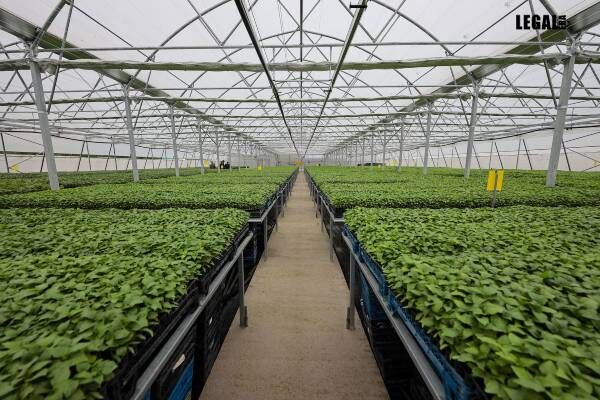
Tissue culture cannot be separated from nursery activity: ITAT treats entire nursery receipts as agricultural income exempt u/s 10(1).
Modern agricultural practices such as tissue culture, when entwined with nursery operations, qualify for exemption under Section 10(1); the ruling reinforces. The Tribunal held that isolating laboratory stages from broader agricultural cycles is legally untenable.
In a recent decision, the Income Tax Appellate Tribunal (ITAT), Bangalore, ruled that income from nursery operations involving tissue culture must be treated as agricultural income exempt under Section 10(1) of the Income Tax Act, 1961. Tissue culture, when used as part of plant propagation in nursery farming, cannot be taxed as business income merely because part of the process occurs outside the soil; the ruling reinforces.
Satyendra Kumar Gutgutia, the assessee, engaged in floriculture and nursery activities under the name “Florence Flora Farm”, owned extensive agricultural lands in Bangalore and Hassan districts. He cultivated plants, seedlings, and flowers for commercial sale and declared the corresponding receipts as agricultural income.
The AO however observed that part of the nursery’s propagation involved tissue culture – a process of generating plants from tissues of mother plants in controlled laboratory conditions, and concluded that such operations did not constitute “agricultural activity” as they were not performed on land.
Depending on the ITAT’s earlier decision in Invitro International Pvt. Ltd., the AO held that tissue culture was a scientific process detached from basic agricultural operations such as tilling, sowing, or planting in soil.
Consequently, ₹5.96 lakh attributable to tissue culture was treated as business income. The Commissioner (Appeals) upheld the AO’s view, stressing that the absence of cultivation on the soil disqualified the income from agricultural exemption.
The assessee argued before the Tribunal that his operations were agricultural in nature and that tissue culture was merely an initial step aiding plant multiplication before transplantation to soil. It was contended that the process could not be separated from the overall cycle of plant growth and that nursery income had constantly been accepted as agricultural in previous years.
The assessee further depended on Explanation 3 to Section 2(1A), inserted by the Finance Act, 2008, which expressly deems income from saplings or seedlings grown in nurseries to be agricultural income, regardless of any direct nexus with land.
The two-member bench of Keshav Dubey (Judicial Member) and Waseem Ahmed (Accountant Member) favored the assessee, distinguishing his case from Invitro International by observing that in Gutgutia’s case, the tissue culture was not a standalone commercial activity but an intermediate step in the larger cultivation process.
The Bench stressed that the nursery’s end products, plants, flowers, and seedlings stemmed from basic agricultural operations involving soil and human labor on farmland. Hence, separating a single stage of tissue culture for taxation was unwarranted.
The AO was directed by the Tribunal to treat the income as agricultural income exempt under Section 10(1), while noting that activities like tissue culture, though technologically advanced, remain inseparable from agricultural propagation when integral to nursery cultivation.